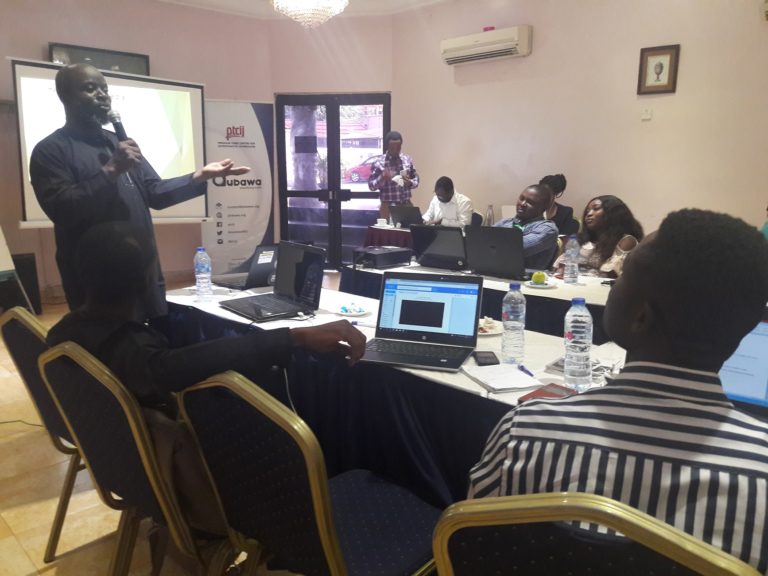An NGO, The Premium Times Centre for Investigative Journalism (PTCIJ),Abuja on Saturday advocated regular training and retraining of Journalists on fact-checking to promote accurate and balance reporting.
Mr Dapo Olorunyomi, Chief Executive/Publisher of PTCIJ told the News Agency of Nigeria (NAN) in Abuja that fake news posed the biggest threat not any to the media but to also democracy globally.
Olorunyomi spoke on the sideline of the one-week media training on fact-checking on the Criminal Justice and Anti-Corruption sector, organised by PTCIJ in collaboration with the MacArthur Foundation, an NGO.
According to him, the biggest democracies, globally, have come under attack, not from any other factor but fake news; stressing that there was need to develop the knowledge capacity of Journalists to tackle menace.
He said: “It is bad when citizens can no longer trust the framework upon which policies are developed; we have come into a very difficult place in the whole process of governance.
“It is easy to assume that fake news, disinformation or misinformation are in the politics alone, no! It is even extremely nefarious in economies, statistics, and health among others.
“If planning institutions of government cannot rely on true statistics, policy framework will collapse; this is why media integrity and democracy become apt, because the weapon against fake news is fact-checking.
“So, we have to work across framework where we can ensure journalists are trained and policy makers strengthened with regards to fact-checking to ascertain the truth.’’
The publisher urged media workers to always work closely with one another as a mechanism to ensure accuracy in the media and above all, the citizenry.
He decried the situation whereby innocent public often fall prey to unverified information on social media and relayed them to encourage the spread of fake news.
Olorunyomi said that it had become imperative for journalists to be trained to stem fake news from the agenda-setting fronts of the newsroom.
He called for proper sensitisation on the dangers of fake news to enable people keep away from unverified information.
“The best and proper place to start is the newsroom; the second is for the media to link up in partnership, this fight is not for one person, we must work together.
“Journalism as a practice which changes with time but through capacity building, journalists will be able to do fact-checking, the newest and most important for truthful reportage.”
He noted that inability of journalists to embark on fact-checking could pose difficulty for them to be factual and balanced when reporting in an editorial process.
Olorunyomi noted that fact-checking had also become critical because of the growing capacity of media organisations to enable them function effectively under democracy.
“Truth which is the central foundation in journalism has come under serious assault, particularly in the past years, citizens no longer trust journalism and that is a major issue.
“So, the mechanism for renewing the principle of truth is to strengthen the practice of capacity building for Journalists, to enable them deliver accurate and balanced information to people.”
NAN reports that 550 people applied for the training out of which only 100 people were selected across print, broadcast and the online media.
The training started on March 25 and will end on March 31 while there will be a repeat of the exercise later in the year in Lagos, Kano, Adamawa and Anambra. (NAN)

